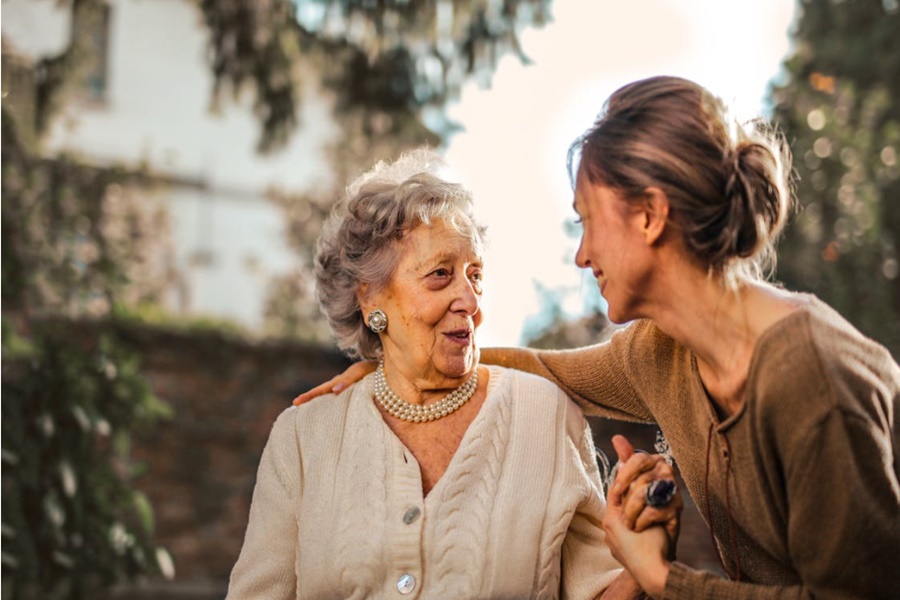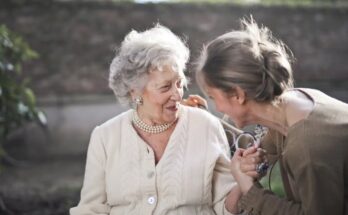In this article, we are going to be looking at the age related changes that affect thermoregulation in the elderly.
The primary function of thermoregulation is to maintain a stable care body temperature in a wide range of environmental temperatures.
With increase in age, subtle alterations inn the thermoregulation occur and these become an important consideration in caring for healthy as well as frail adults.
Age Related Changes In Thermoregulation In Elderly Persons
- Decreased subcutaneous tissue
- Inefficient vasoconstriction
- Delayed and diminished shivering.
- Decreased peripheral circulation.
- Improved ability to acclimatize to heat.
- Inefficient sweating mechanism
The above changes result in
- Lower normal temperature
- Increased susceptibility to hypothermia
- increased susceptibility to heat related illness
- diminished febrial response to infection.
Read Also: All You Need To Know About Sleep and Rest In Elderly
Risk Factors For Alteration In Thermoregulation In Elderly
- dehydration
- extremes in environmental temperature
- diseases like infection, diabetes cardiovascular disease and much more
- inactivity and immobility
- alcohol
Health Promotion On Thermoregulation In Elderly
- maintain room temperature as close to 28 to 30 degree Celsius in tropical countries and 21.1 to 23 degree Celsius in temperate countries.
- Put on close knit undergarment to prevent heat loss
- Put on a hat and gloves when outdoor, nightcap and socks for sleep.
- Provide flaned bed sheet or blanket at night.
- Use fan to circulate air and cool the environment.
- During hot weather, the elder should spend more time in shades open space
- Drink extra non-caffeinated nonalcoholic liquids even if not thirsty.
- Use umbrella to protect self against sun and rain when outside.
- Eat small frequent meals rather than heavy meals.
We hope this information was helpful. Feel free to ask your questions in the comment section below.




